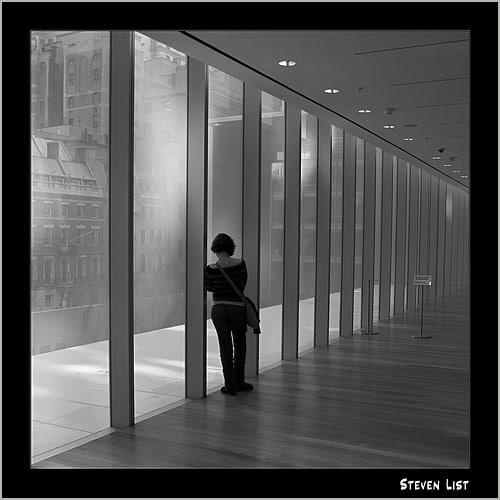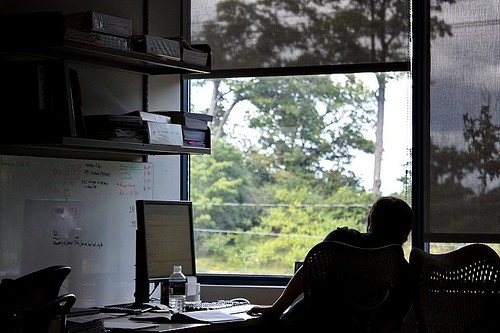
The Five Year Eureka Moment
Daniel Kahneman met Amos Tversky in 1969 when Tversky came to Hebrew University to give a talk.
As Kahneman recalls in his 2011 intellectual biography, Thinking, Fast and Slow, the two researchers hit it off and decided to pursue a joint project: figuring out if some people had more of an intuitive grasp of statistics than others.
They discovered that the answer, universally, was a resounding “no.”
“Our expert colleagues…greatly exaggerated the likelihood that the original result of an experiment would be successfully replicated,” Kahneman recalls of their results. “They also gave poor advice to a fictitious graduate student about the number of observations she needed to collect.”
“Even statisticians are not good intuitive statisticians,” he concluded.
This small observation led to a bigger idea: perhaps humans are hardwired with cognitive shortcuts to help them make sense of an uncertain world, and perhaps these shortcuts, in certain situations, consistently lead to irrational conclusions.
This hypothesis was profound. At the time, social science believed that humans were fundamentally rational, and only emotion, like fear or anger, could lead us to irrational behavior. Kahneman and Tversky were proposing that humans, on the contrary, were wired for illogic.
To support this view, they gathered over twenty different examples of cognitive shortcuts consistently leading to irrational conclusions. They combined the results into a paper titled “Judgment Under Uncertainty: Heuristics and Biases.”
They published the paper in the journal Science where it has since become one of the most important studies in all of social science. (According to Google Scholar, it’s been cited over 13,500 times since its publication.) The paper formed the foundation for the field of behavioral economics, which won Kahneman the Nobel Prize in 2002 (Tversky had died seven years earlier).
Here’s what caught my attention about this story. This paper — Kahneman and Tversky’s first publication on their theory — came out in 1974, a half decade after they first began pursuing the underlying ideas. In other words, it took them a full five years to refine a rough hunch, through systematic exploration and discussion, into an idea too good to be ignored.
They were, in short, diligent.
The reason I’m telling you about Kahneman and Tversky, however, is that I’m convinced that there must be more to the story…
Read more





